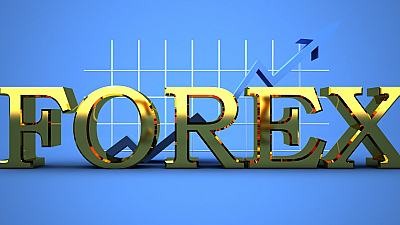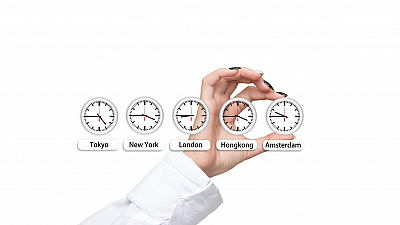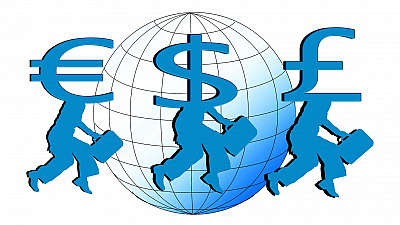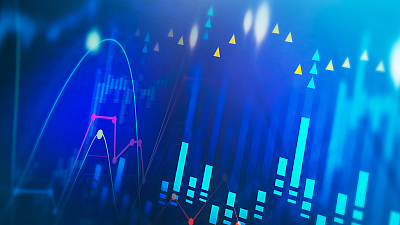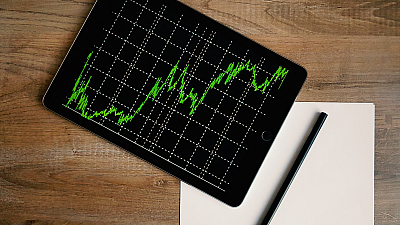The Forex market is the largest financial market in the world. This is where the exchange between different currencies is conducted.
More than 5 trillion US dollars are transacted through the FX market each day.
Currencies are exchanged for all kinds of reasons – from an online purchase of goods from another country, to speculating on the price for profit. Speculation is what makes up the larger part of the daily forex volume.
The forex market is a modern creation.
Although currencies have been exchanged for centuries, the concepts of the forex market were laid with the Bretton Woods agreement in 1944. Then 44 countries pegged their currencies to the US dollar and the gold. The accords established two institutions that are still operational today – the International Monetary Fund (IMF) and the International Bank for Reconstruction and Development (IBRD), which today is part of the World Bank Group. In the period 1971-1973 the Bretton Woods system was ended, and the gold peg was abandoned. Many currencies became free-floating, which meant that supply and demand for the currencies were what defined their value.
The first step towards the digitalization of the forex market was the development of the electronic dealing platforms. In the beginning they were available to banks only, so investors were restricted to accessing the forex market via their bank provider. The rapid development of computer and communication technologies, however, gave rise to a decentralized over the counter (OTC) market, available to everyone, while requiring a little more than a good internet connection.
Today, a growing share of trades is carried out by independent investors who participate in the market, alongside the big players, to make use of this fast-evolving environment. The FX market is the ultimate place to speculate. Unlike other markets, like the stock market, you don’t have to buy / own an asset in order to sell it. The forex gives the freedom to trade in both directions, and only the sky (and the funds in your trading account) is the limit.
The forex market is the most liquid financial market in the world.
Liquidity is measured by the volume available for trading at any given moment. The more liquid the market is, the easier and better the trading conditions are. In more liquid markets volatility is lower, which means that prices are less likely to make sudden moves in some direction. This is because the sheer volume and the depth of the market (the outstanding buy and sell orders) reduce the influence of large orders on the prices.
There is no physical location for the forex market.
It is comprised of a global network of computers, brokers and liquidity providers. There is no central authority to control the market participants, but there are regulations that govern the processes.
All this has led to the development of a competitive, ever-evolving market that provides easy access, comfortable trading platforms, plenty of products, fast order execution, reasonable costs and commissions.
